How To Use Scrum If You’re An AI Agent
- Track C - Vogel
- 13:30 - 14:15
- Michael Sender
- Talk
- English
Description
“Hi, I’m Bob, and I’m an AI agent. I’ve already planned our sprint for us (and written, and tested all the code), but please go ahead and continue with your stand-up – I didn’t mean to rush you.”
This talk explores what comes after agility as AI takes over the baton and agentic workflows replace most of human work. Do Scrum events still make sense to a cyber-organic team of humans and AI agents? What’s the point in cadence and timeboxing if most of your team members can design, code, test and deploy continuously around the clock at superhuman speed? Do teams even make sense when AI does most of the work? What is the future of scrum master and PO roles in a reality where backlogs refine themselves and capacity is infinite?
The era of human-centric process optimisation is over. For two decades, agile methodologies have been the dominant paradigm for software development and a strong influence in other domains. They were designed to optimise human collaboration and mitigate the inherent friction of human-led projects in the Digital Age. However, the emergence of generative artificial intelligence and autonomous AI agents brings about a fundamental discontinuity. AI agents can now design, code, test, and deploy software at a velocity and scale that human teams cannot match, with early evidence showing productivity gains of 4x and forecasts predicting a 30-100x acceleration.
In this talk, I will use a tongue-in-cheek AI-first perspective to show how agile frameworks, built to optimise human performance, are rapidly becoming strategic liabilities in this new context. We will explore why clinging to legacy practices designed for human coordination will throttle innovation, create artificial bottlenecks, and ultimately cede critical competitive advantage to those who embrace a new, AI-native paradigm.
Using the AI-first perspective, the talk will dismantle the core tenets of Scrum, demonstrating how its Scrum events and artifacts – from daily stand-ups and fixed-length sprints to manual estimation and code reviews – fail when confronted with a primarily AI-driven workflow. These practices, once essential for managing human teams, become sources of inefficiency and redundancy.
Then comes the good news. The agile philosophy as a whole should by no means be discarded, but rather evolve into a more refined set of principles and practices that leverage the capabilities of artificial intelligence without inhibiting human performance. The core values of the Agile Manifesto, when re-interpreted, endure as a crucial strategic compass. They evolve from a guide for development teams into an essential governance framework for managing autonomous production systems, ensuring that machine-speed execution remains aligned with human intent and customer value.
The transition to this new era presents a strategic choice for every organisation: an evolutionary path versus a revolutionary one. The evolutionary approach involves augmenting current agile teams with AI, supercharging their capabilities while preserving familiar structures. This path offers immediate productivity gains and serves as a crucial transitional phase. The revolutionary approach, however, involves building entirely new, AI-native operating models from the ground up.
We will explore several emerging paradigms that might replace the current agile workflows – including decentralized Autonomous Agent Swarms, structured Orchestrated Specialist Pipelines, and self-managing Prompt-Chained Workflows – providing a comparative analysis of their strengths, weaknesses, and ideal applications.
We wrap up with a discussion on what executives, technology leaders, investors – but most importantly, agile coaches – should do today in order to successfully manage this shift, moving from a culture of human-centric process to one of AI-native value creation. The goal is to equip ourselves with the foresight to build the organisations that will lead, rather than follow, in the age of autonomous development.

Michael Sender
Michael Sender is an experienced tech start-up and scale-up veteran, agile coach, OKR coach, futurist, personal productivity methodologist and the creator of the Kandike productivity method.
He has built and scaled the largest online marketplace in Belarus and led a total of six different companies as CEO. Today he is a consultant at P3 and focuses on AI-first scaling and scaled agile frameworks. He also has a track record as a publicist, blogger and the author of the highly praised satirical novel Aliens About Humans.
Sichern Sie sich jetzt Ihr Ticket!
Wir freuen uns, Sie auf der Agile Austria Conference 2026 begrüßen zu dürfen.
